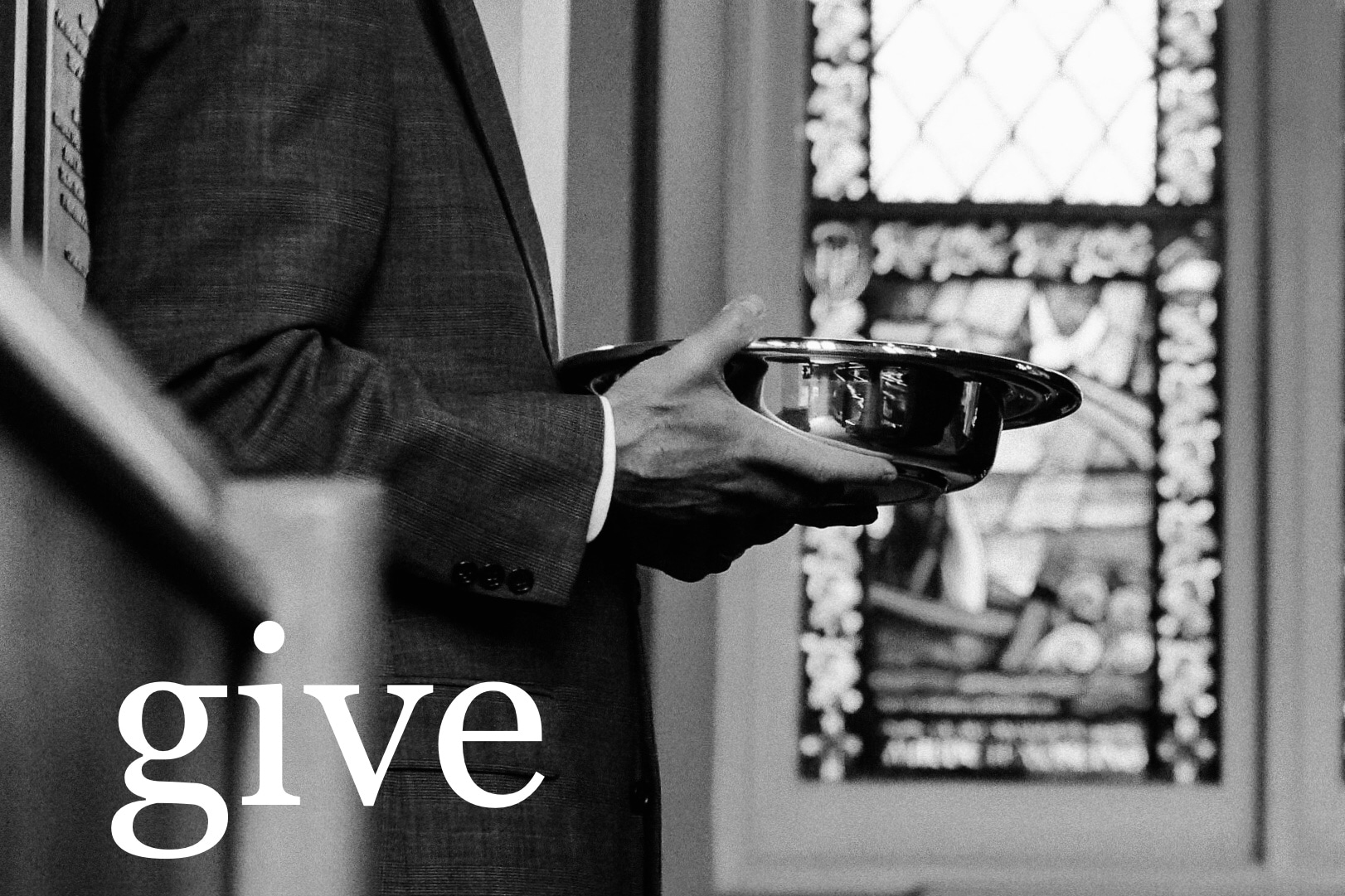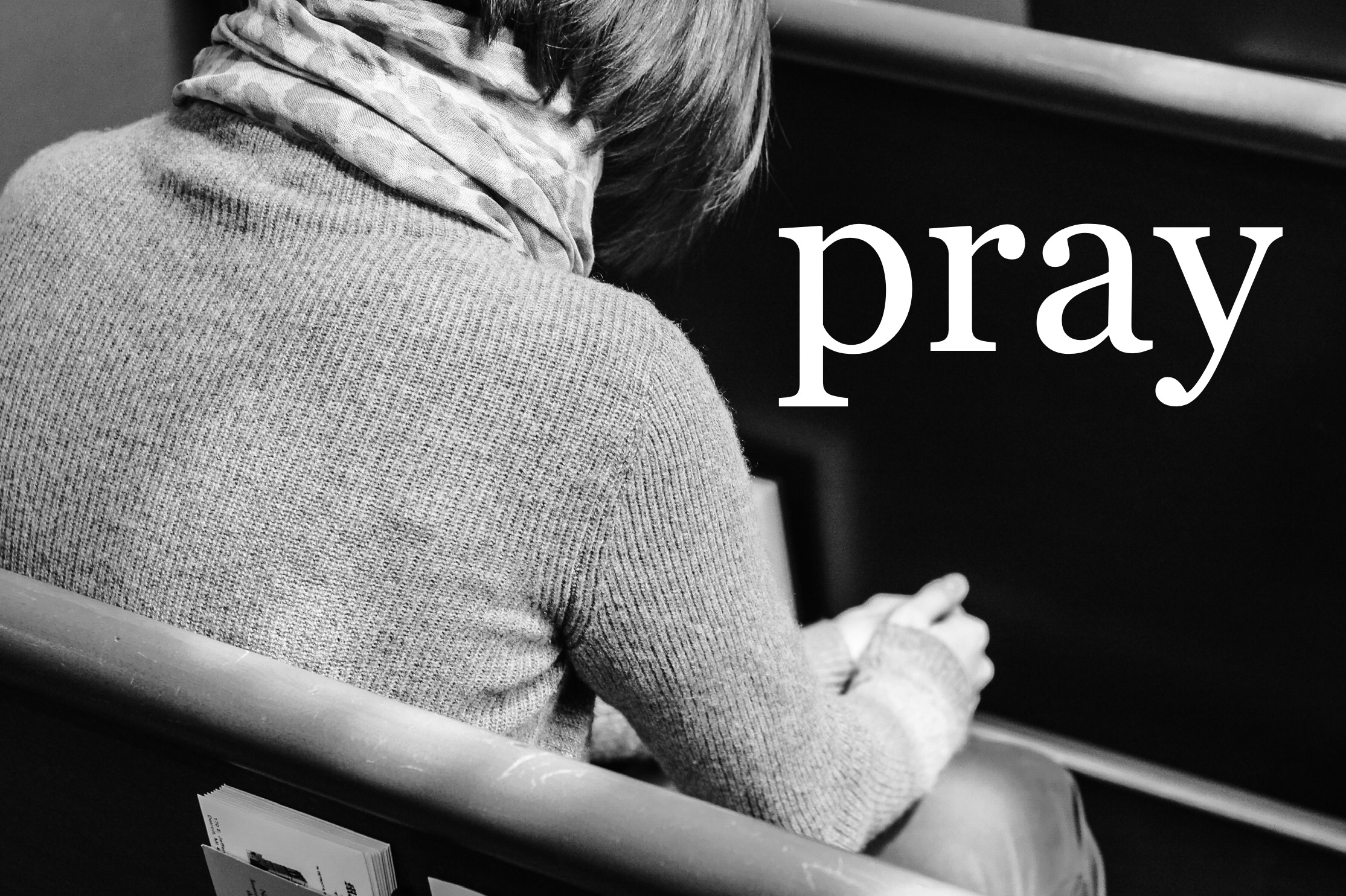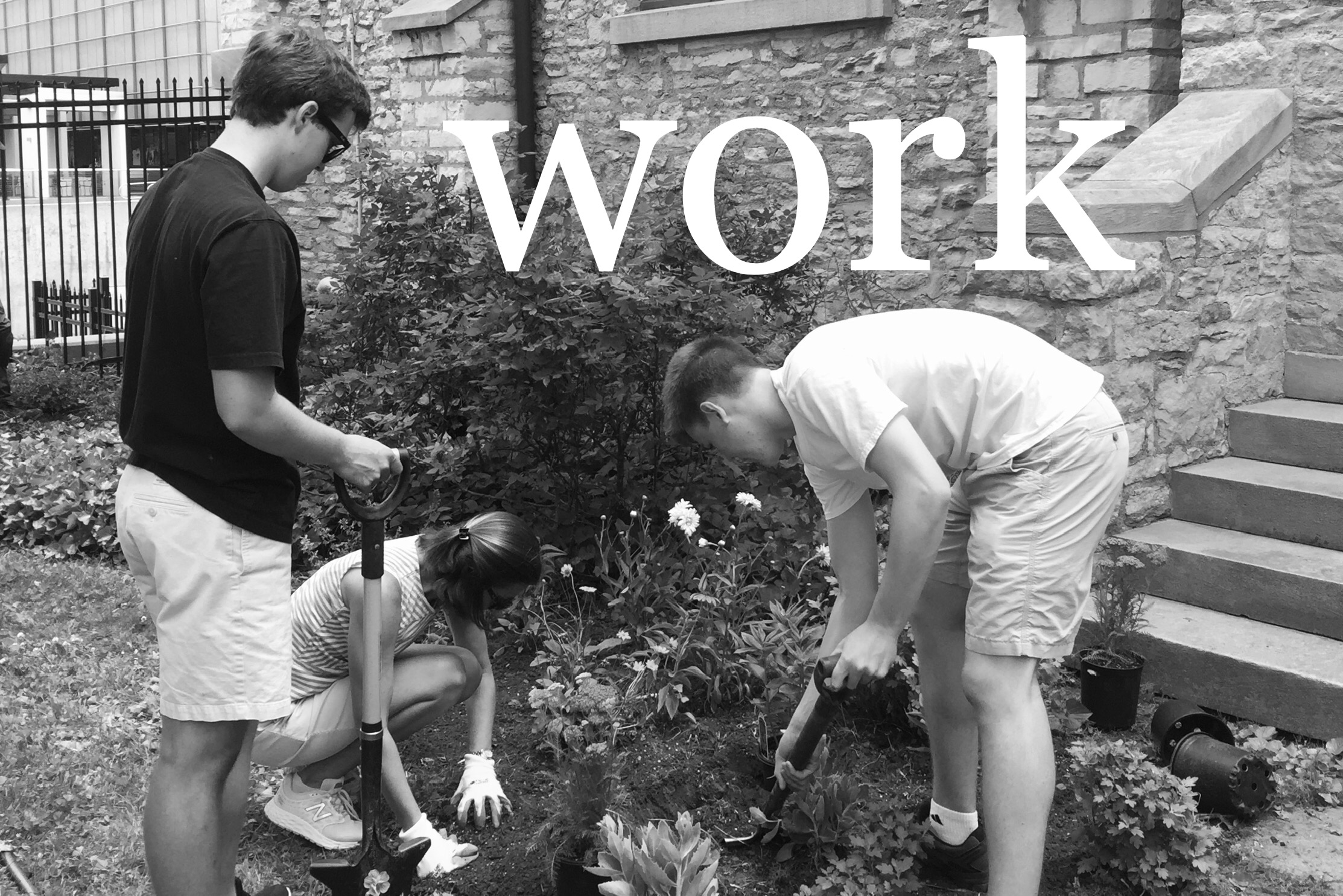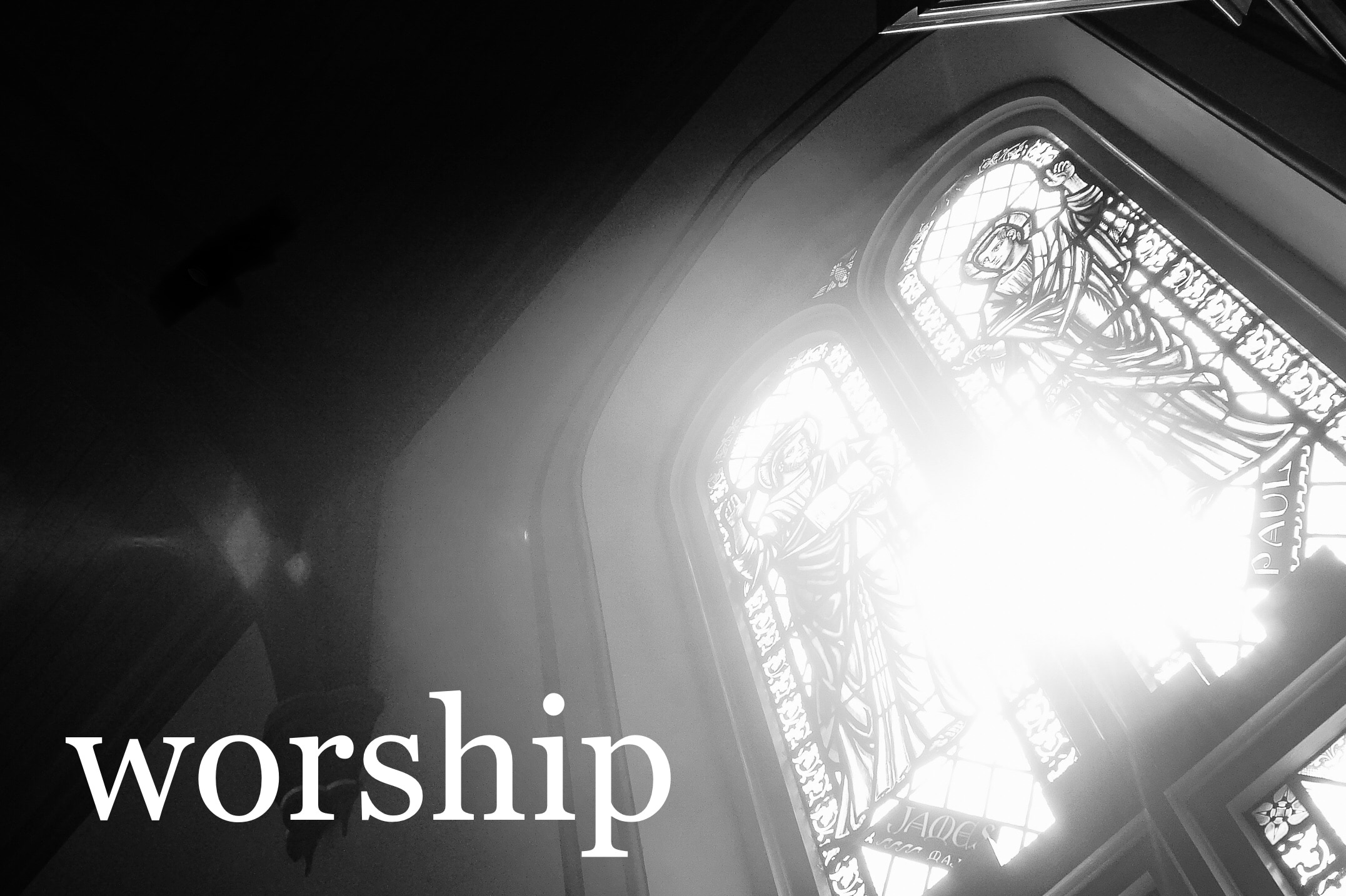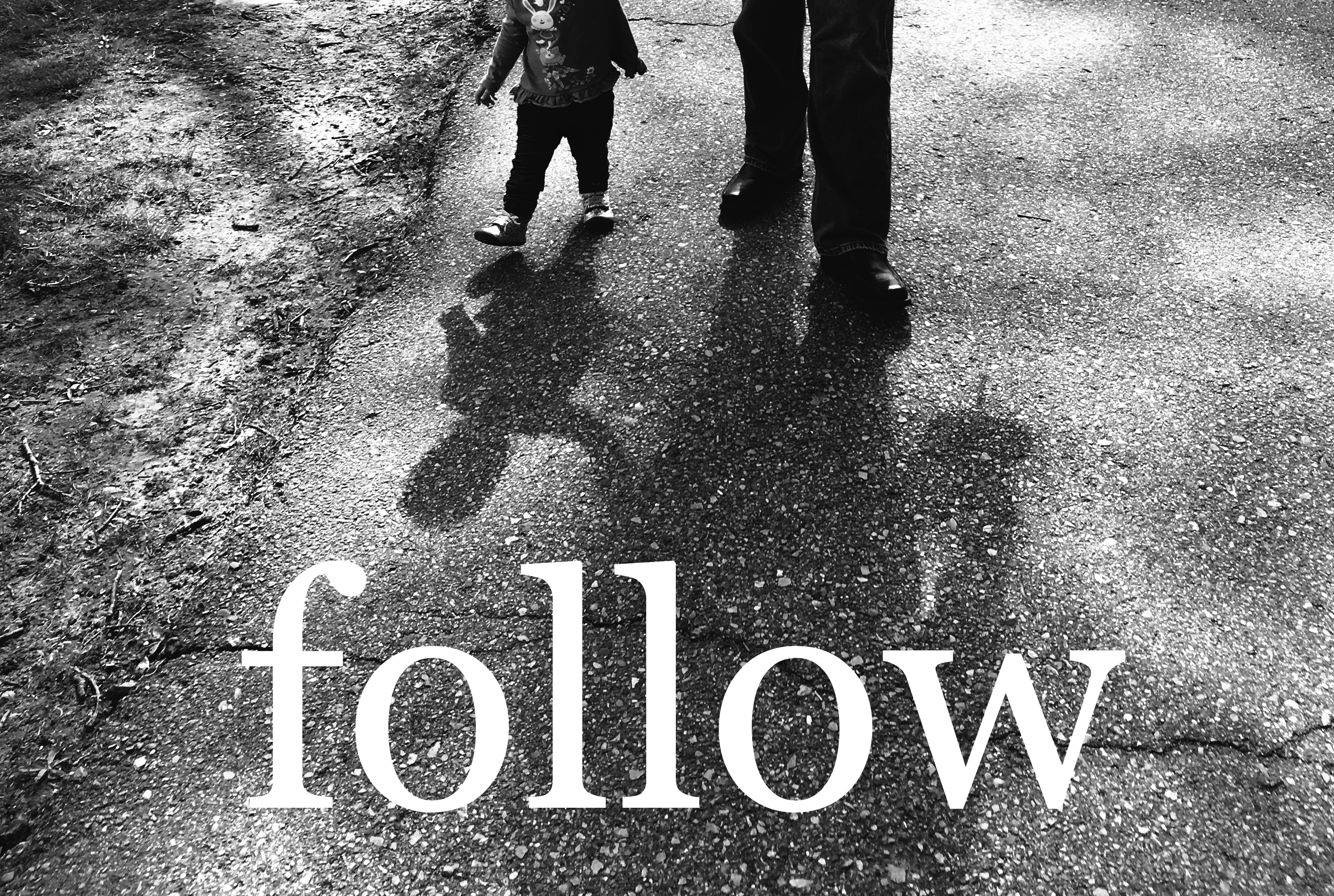The Ancient Paths: Give
This past Sunday we concluded our series on five “ancient paths” that we are commended to walk by the Book of Common Prayer, practices that are part of our “bounden duty” as members of the Church. The fifth is to give for the spread of God’s kingdom.
Pentecost is a fitting day to talk about giving. Today we remember the great gift of the Holy Ghost, the Comforter, that God gave to the Church on this day nearly two thousand years ago. The Holy Ghost is himself a gift and a giver, “the Lord and Giver of life,” as we are reminded in the Nicene Creed that we profess every Sunday. We are called to repeat this pattern of givenness and giving in our own life: we recognize that our lives do not really belong to us, but are “pure gift,” as C. S. Lewis put it. When we realize this, it inspires gratitude in our hearts for us to, in turn, give our very selves, our whole lives to God as an offering.
As I was preparing this sermon series, one point I had to consider was how to differentiate the sermon on working, which was two weeks ago, and the sermon on giving, from this past Sunday.
There’s a sense in which there’s significant overlap, and they’re almost impossible to differentiate. After all, work: the giving of our time, and our talents (such as our energy, our service, and our hospitality) are also giving. And vice versa, the giving of our treasure (our resources such as money) are also, really, work, since we acquire our resources, such as money, by our work. So, when we give our tithe, the tenth of our income that we are instructed to give back to God, we are actually giving to God the tenth of our work throughout the week that the tithe represents. When we tithe, it is an extension of giving ourselves, our lives to God, by giving him a tenth of all our time spent working, as an offering to him.
And so while there’s a sense in which all of our service to God is giving, we covered the giving of our time and our talents in the sermon on work, and so this Sunday, in our sermon on giving, we focused on the giving of our treasure, through the giving of monetary offerings, to God.
There are three types of monetary giving:
- Tithes: this is a tenth of our income that we are called to give back to God, and is given regularly to the Church. The tithe is a target to aim for in our giving.
- Offerings: These are gifts to the church above the tithe and regular pledges. These may be given at a special time in gratitude to God for his goodness, or given to a specific area of the church that we care about, for example the music department or renovation of the building or special projects.
- Alms: These are gifts for the poor and needy, and can either be given directly or as part of the church’s initiatives, for example giving to the Gleaners’ food drive during Lent or the Sunday School’s Heifer International fundraising.
In addition to giving being a way to give part of our work to God, giving is also part of our worship. We see this connection enacted liturgically, through the offertory, the receiving of tithes, offerings, and alms during Holy Communion. At this time, we also offer to God the fruit of the earth, in bread and wine, and as we offer them to God, he gives them back to us as the body and blood of his dear Son Jesus Christ, the bread of life and the cup of salvation. We then, in many of our services, sing the words, “We offer to thee of thine own, ourselves,” and by extension, “all that we can bring,” both our gifts of money, and the fruit of the earth, and this action of giving culminates in the sursum corda, the words when we are bidden to “lift up” our very hearts, and our response is, “We lift them up unto the Lord,” and continuing through the Prayer of Consecration, when we pray, “And here we offer and present unto thee, O Lord, our selves, our souls and bodies, to be a reasonable, holy, and living sacrifice unto thee.”
And so as we give, there is a blessing, because everything we give to God becomes consecrated by him for his service as part of the renewal of all things. As we give, there is a blessing, because God tells us to give, and so as we do, we are being obedient to him. As we give, there is a blessing, because he himself is the giver of all good things, and so as we give, we become like him, participants with him as givers. As we give, there is a blessing, because giving is a practice that cultivates gratitude. It reminds us that everything we have is not actually ours, but is a gift received, and as we are reminded of this through the practice of giving, we become more deeply grateful. Everything we have is a gift, and in the end, belongs to God rather than us, and so all giving to God is giving for the spread of the kingdom, because as we give back to him what he is due as King, we participate in the increase of the domain of his Lordship in the world.
The giving of money is never merely a matter of writing a check, or fulfilling a burdensome obligation, but an expression of joy and humility and gratitude for the givenness of all things. It is, in the end, a smaller, but necessary part of the much bigger project, of giving our whole selves, our whole lives, and as the service of Holy Communion reminds us, the whole creation as an offering to God that he might consecrate it, renew it, and fill all things. Giving is nothing less than a participation in this mission to spread the kingdom of God such that the knowledge of the glory of God would cover the earth as the waters cover the sea.
We can give, and indeed fulfill all of our bounden duty, only because the Holy Ghost, the greatest Gift, given by God at Pentecost and in our Confirmations, enables us to! As we do these things, we do them because we are enabled to do them as part of a Spirit-empowered life, as we follow Christ, as children of God, saying to him, “We offer to thee of thine own, ourselves and all that we can bring,” lifting up our very hearts to the Lord, offering up ourselves to God, returning the created to the Creator, the given to the giver, the made to the maker. Living a life empowered by the Holy Ghost, the “Lord and giver of life,” we give.
Questions for reflection:
- Giving, especially of money, can be a sensitive topic in the Church, that the church has not always handled well. When is a time in your life you’ve heard giving talked about in a way that was dysfunctional? By contrast, what do you think a healthier view of giving would look like?
- When is a time that you gave to the church that had a noticeable positive effect on your life? What are some specific areas of the church that you care about and could see yourself giving towards?
- What are some current obstacles in your life that would prevent you from giving? If you are not a tither, how would you be able to increase your giving? What blessings do you think doing this would bring to your life?

